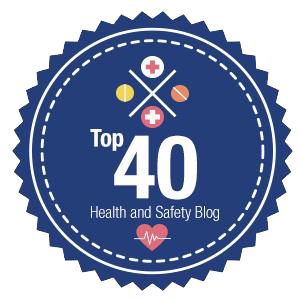- The Management of Health and Safety at Work Regulations 1999 require employers to identify, assess and address risks to all employees. This may identify that there are specific risks for new and expectant mothers. Once the employer has been notified in writing of a pregnancy, they must immediately take into account any risks identified in that risk assessment.
- Risk assessments must take account of physical, biological and chemical agents, processes and working conditions which may affect the health and safety of new and expectant mothers.
- Where specific prohibitions do not exist, employers must ensure their risk assessments consider the risks to new and expectant mothers before they perform any work.
- Employers are also required to provide suitable rest facilities for pregnant women or nursing mothers.
- The Working Time Regulations 1998 affect new and expectant mothers, especially in the area of night working, and their entitlement to free assessment of their health and capabilities before commencing night work duties. The Management of Health and Safety at Work Regulations 1999 also cover night work.
- Exposure to certain types of chemicals (such as mercury) will create increased risks of ill health to either the mother or the foetus/child.
- Consideration needs to be given to the increased risks from biological agents, such as hepatitis B, that may be passed from mother to foetus/child.
Contact us should you require assistance.



 A “new or expectant mother” is defined as an employee who is pregnant, who has given birth within the previous six months or who is breastfeeding. Pregnant women and nursing mothers undergo many physiological, hormonal and psychological changes during the term of their pregnancy, and during the postnatal nursing period, both of which might affect the level of risk associated with their work. This topic provides information about the risks new or expectant mothers can be exposed to in the workplace, the importance of carrying out suitable and sufficient risk assessments and ways in which risks to new and expectant mothers can be best managed.
A “new or expectant mother” is defined as an employee who is pregnant, who has given birth within the previous six months or who is breastfeeding. Pregnant women and nursing mothers undergo many physiological, hormonal and psychological changes during the term of their pregnancy, and during the postnatal nursing period, both of which might affect the level of risk associated with their work. This topic provides information about the risks new or expectant mothers can be exposed to in the workplace, the importance of carrying out suitable and sufficient risk assessments and ways in which risks to new and expectant mothers can be best managed.




